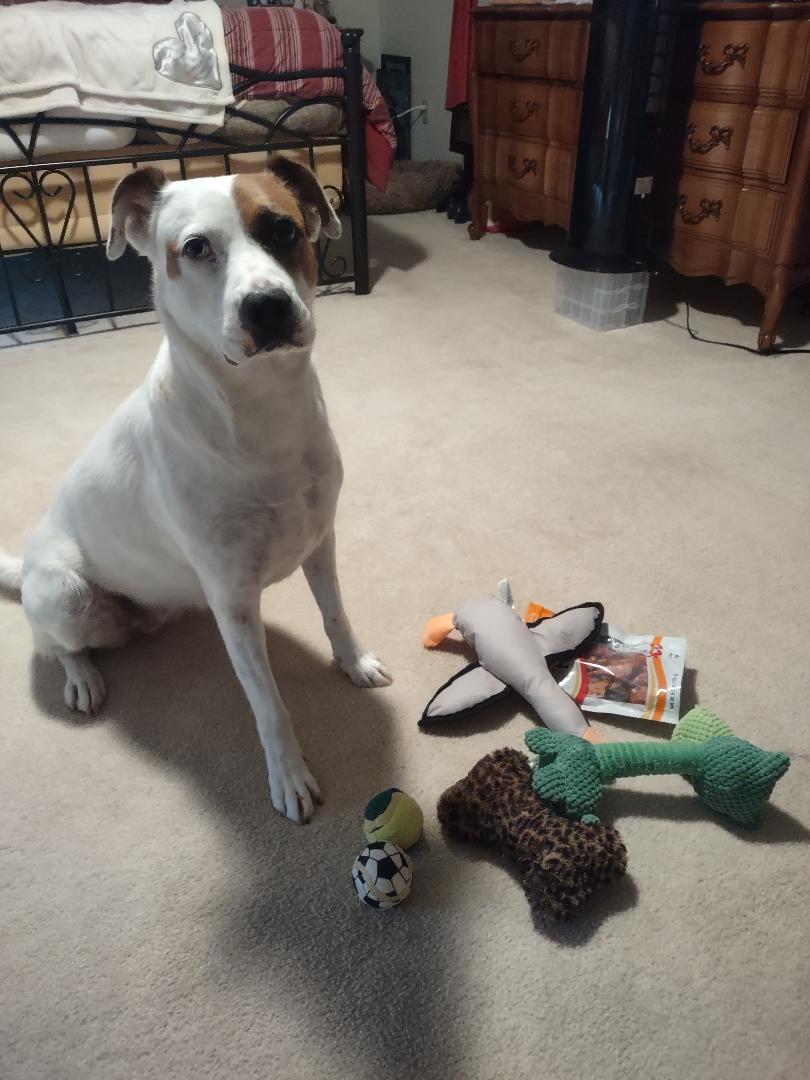
For many, pets are family, and planning their futures is essential. Without proper provisions, pets may face uncertainty if their owners pass away. Establishing a pet trust provides a structured way to ensure that pets receive care, even when the unexpected occurs. Here’s how a pet trust can protect your pet's future and what you need to know about setting one up.
A pet trust is a legal arrangement that allows pet owners to designate funds and specific care instructions for their pets. It ensures that, if the owner can no longer care for the animal, funds are set aside to cover the pet’s expenses, from food and grooming to veterinary care and boarding. Unlike informal arrangements, a pet trust is legally enforceable, meaning that the designated caregiver is legally obligated to follow the owner’s instructions regarding the pet’s care.
Without a pet trust, pets are often left in the care of family or friends who may not have the means or desire to provide the care the owner intended. In some cases, pets end up in shelters and face uncertain futures. A pet trust eliminates these risks by specifying the caretaker, the type of care and even the pet's lifestyle preferences.
For example, the trust can clearly outline these details if a pet requires specific food, medications, or a particular routine. This level of care is significant for animals with special needs, older pets, or animals that thrive in specific environments.
Creating a pet trust involves several vital steps to secure your pet’s future. Here’s a general outline:
Yes, pet trusts can cover multiple pets. This is particularly useful for individuals with various animals or specific breeds that are bonded. In these cases, providing care instructions that suit the group dynamic is essential, as is allocating sufficient funds to cover each pet’s needs.
In cases where the primary caregiver can no longer fulfill their duties, the trust can name an alternate caregiver. The trustee can also help find a suitable replacement to ensure continuous care for the pet.
Pet trusts remain in effect for the pet's lifetime or pets if the trust includes multiple animals. Upon the last pet’s passing, any remaining funds are distributed according to the owner’s wishes, as specified in the trust.
Establishing a pet trust can feel overwhelming, especially when balancing your pet’s needs with legal and financial details. Our law firm helps pet owners navigate this process by understanding you wishes for your pet(s) and drafting legally enforceable care instructions. With our support, you can rest assured that your pet’s future is safe, no matter what happens.
Reference: Best Friends Animal Society (2024) “Estate Planning for Pets: Preparing a Will or Trust”
Free E-Newsletter – Subscribe Now
